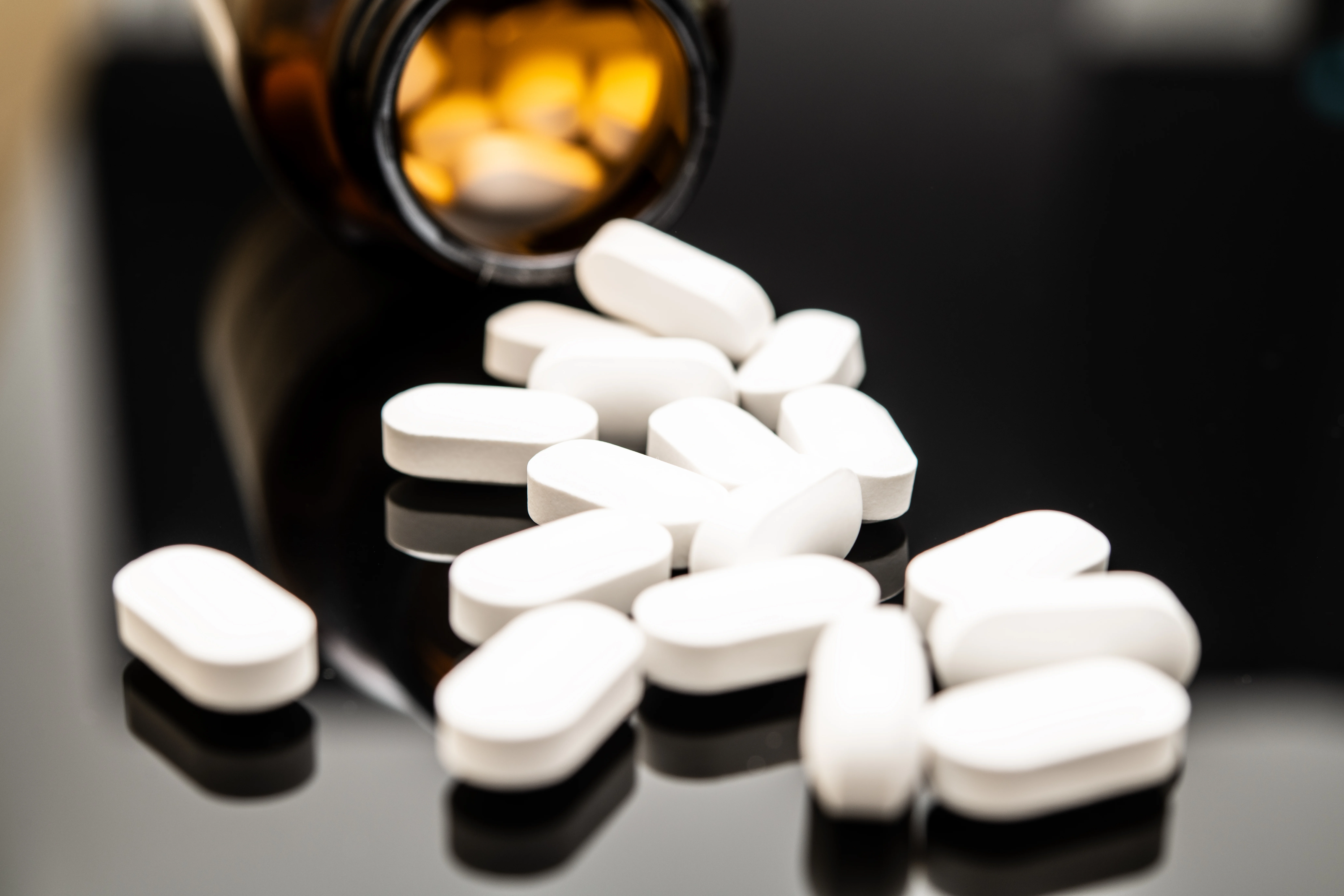Self-Medicating: The Connection Between Mental Health and Addiction

Struggling with mental health challenges can feel overwhelming. Anxiety, depression, trauma, or stress may push individuals to seek relief in any way they can. For some, this leads to self-medicating with substances like alcohol, prescription drugs, or illicit substances. While this may offer temporary relief, self-medicating often paves the way for addiction, creating a cycle that’s difficult to escape. Understanding the risks of self-medicating and exploring healthier alternatives is crucial for long-term wellness.
What is Self-Medicating?
Self-medicating occurs when someone uses substances to manage mental health symptoms without professional guidance. For example, someone with social anxiety might drink alcohol to feel more comfortable in social settings, or someone battling depression might misuse painkillers to numb emotional pain. Though these substances may provide temporary relief, they do not address the root causes of the mental health struggle and often worsen the problem over time.
The Link Between Self-Medicating and Addiction
Using substances as a coping mechanism can quickly spiral into dependence. Over time, the body builds tolerance, requiring higher doses to achieve the same effect. This increases the risk of addiction and compounds existing mental health issues.
For instance, alcohol, often used to cope with anxiety or stress, is a depressant. It can interfere with sleep, exacerbate feelings of sadness, and disrupt brain chemistry. Similarly, misusing prescription medications, such as opioids or benzodiazepines, can lead to physical dependency and dangerous withdrawal symptoms, making it harder to quit without professional help.
The Mental Health-Addiction Cycle
When self-medicating becomes a habit, it creates a harmful cycle. The substance masks symptoms temporarily, but the underlying mental health condition remains untreated. As the condition worsens, individuals may use more of the substance, deepening their dependency. This cycle can lead to co-occurring disorders, where mental health challenges and addiction exist simultaneously, each exacerbating the other.
Breaking the Cycle
Breaking free from self-medicating requires addressing both the addiction and the underlying mental health issues. Here are key steps toward recovery:
1. Seek Professional Help
Integrated treatment that addresses both mental health and addiction is essential. At Pyramid Healthcare, our specialized programs provide comprehensive care tailored to individual needs. From therapy to medication management, we help clients tackle both issues simultaneously.
2. Develop Healthy Coping Mechanisms
Learning new ways to manage stress and emotions is critical. Mindfulness, therapy, exercise, and creative outlets can help replace harmful habits with positive ones.
3. Build a Support System
Isolation often fuels self-medicating. Surrounding yourself with supportive friends, family, or a recovery community can provide encouragement and accountability on your journey.
4. Commit to Long-Term Recovery
Recovery is not a one-time event but an ongoing process. Aftercare programs, counseling, and support groups are vital for maintaining sobriety and mental health.
Hope for the Future
If you’re caught in the cycle of self-medicating, it’s never too late to seek help. With the right support and resources, healing is possible. Pyramid Healthcare offers evidence-based treatment to help individuals address mental health challenges and overcome addiction. You don’t have to face this alone—recovery is within reach.
Struggling with mental health challenges can feel overwhelming. Anxiety, depression, trauma, or stress may push individuals to seek relief in any way they can. For some, this leads to self-medicating with substances like alcohol, prescription drugs, or illicit substances. While this may offer temporary relief, self-medicating often paves the way for addiction, creating a cycle that’s difficult to escape. Understanding the risks of self-medicating and exploring healthier alternatives is crucial for long-term wellness.
What is Self-Medicating?
Self-medicating occurs when someone uses substances to manage mental health symptoms without professional guidance. For example, someone with social anxiety might drink alcohol to feel more comfortable in social settings, or someone battling depression might misuse painkillers to numb emotional pain. Though these substances may provide temporary relief, they do not address the root causes of the mental health struggle and often worsen the problem over time.
The Link Between Self-Medicating and Addiction
Using substances as a coping mechanism can quickly spiral into dependence. Over time, the body builds tolerance, requiring higher doses to achieve the same effect. This increases the risk of addiction and compounds existing mental health issues.
For instance, alcohol, often used to cope with anxiety or stress, is a depressant. It can interfere with sleep, exacerbate feelings of sadness, and disrupt brain chemistry. Similarly, misusing prescription medications, such as opioids or benzodiazepines, can lead to physical dependency and dangerous withdrawal symptoms, making it harder to quit without professional help.
The Mental Health-Addiction Cycle
When self-medicating becomes a habit, it creates a harmful cycle. The substance masks symptoms temporarily, but the underlying mental health condition remains untreated. As the condition worsens, individuals may use more of the substance, deepening their dependency. This cycle can lead to co-occurring disorders, where mental health challenges and addiction exist simultaneously, each exacerbating the other.
Breaking the Cycle
Breaking free from self-medicating requires addressing both the addiction and the underlying mental health issues. Here are key steps toward recovery:
1. Seek Professional Help
Integrated treatment that addresses both mental health and addiction is essential. At Pyramid Healthcare, our specialized programs provide comprehensive care tailored to individual needs. From therapy to medication management, we help clients tackle both issues simultaneously.
2. Develop Healthy Coping Mechanisms
Learning new ways to manage stress and emotions is critical. Mindfulness, therapy, exercise, and creative outlets can help replace harmful habits with positive ones.
3. Build a Support System
Isolation often fuels self-medicating. Surrounding yourself with supportive friends, family, or a recovery community can provide encouragement and accountability on your journey.
4. Commit to Long-Term Recovery
Recovery is not a one-time event but an ongoing process. Aftercare programs, counseling, and support groups are vital for maintaining sobriety and mental health.
Hope for the Future
If you’re caught in the cycle of self-medicating, it’s never too late to seek help. With the right support and resources, healing is possible. Pyramid Healthcare offers evidence-based treatment to help individuals address mental health challenges and overcome addiction. You don’t have to face this alone—recovery is within reach.







